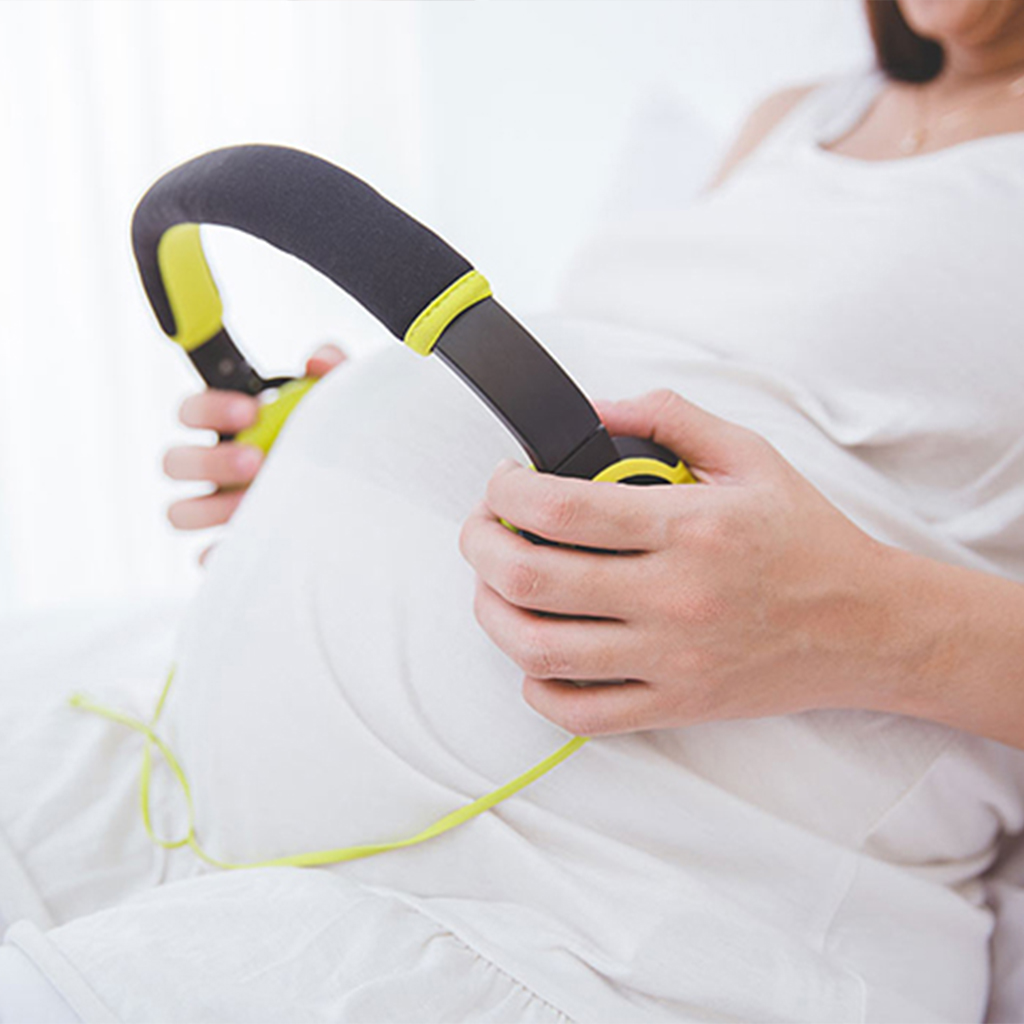Yes, you are eagerly waiting for your little one to show up so that you can experience what motherhood is like and nurture your new little soulmate in the best way possible. The link between a mother and child is unmatched by any other and is utterly unadulterated.
You don’t need to wait until your baby is born to bond with them. An attachment to your unborn child can be formed during pregnancy, which is a crucial step in their development when the baby is born.
Before you look into methods to bond with your baby, you need to understand what they can experience and appreciate while they are in your uterus. They begin to develop one sense after another and it is using these senses that you will establish a bond with them.
Talk and sing to your baby, knowing he or she can hear you!
Your baby will actively hear your heart beating and all the noises your bowels create as various bodily activities take place. Your baby can already start listening to sounds. When they are as young as 18 weeks old, they can only hear sounds of events that take place within your body.
Another eight weeks later, they can slowly start identifying sounds from outside your body as well. Talk to your infant normally so that they can become accustomed to your voice, accent, and language. When they are really animated in there, you can also sing to them and try to put them to sleep. If singing to them puts them to sleep before birth, this will likely work after birth as well.
Introduce them to different sounds
After birth, babies often have an excellent recollection of the many sounds they hear and are able to identify them from other noises. Play music for the infant. Music that mimics a heartbeat of around 60 beats per minute, such as lullabies, is useful. You can also search online for relaxing or calming music.
Get touchy!
Your baby knows very well when you are up and about because they tend to get rocked inside as your body moves around. They fall asleep quicker as a result. Usually towards the start of the second trimester, they start to feel things and respond to pain perceptions earlier than other people. Rubbing your hand over your belly slowly can help calm them down as well.
Respond to your baby’s kicks. In the last trimester, you can gently push against the baby or rub your belly where the kick occurred and see if there is a response.
Teach your baby your language!
During the late stages of pregnancy, studies have displayed that babies can appreciate language as well. They tend to have an ability to grasp the languages that they have heard before they were born much quicker than others that they are introduced to later.
Have an ultrasound. Seeing your baby moving inside the womb can be a poignant experience for parents, and can help them to bond with the baby since it can suddenly seem ‘real’.
Relax, look after yourself and try not to stress. There is proof that a mother’s pregnancy will result in a healthier baby if she is less stressed. Your partner or a close friend may be helpful if you need someone to talk to.
It is very important to note that not every baby is the same and you cannot expect a textbook response from them all the time. Usually towards the start of the second trimester, they start to feel things and respond to pain perceptions earlier than other people.






